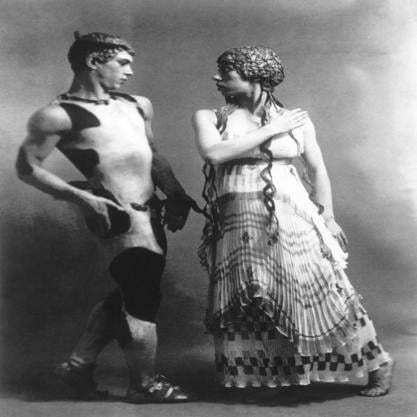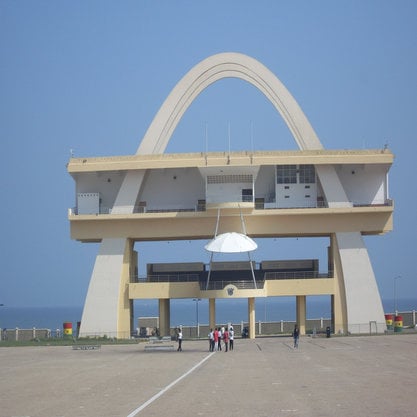Article
Keita, Fodéba (1921–1969) By Cohen, Joshua
Article
Fodéba Keita was a poet, playwright, musician, choreographer, impresario, anti-colonial activist, and statesman. As the leader of several musical bands, author of poems and essays, founder of the Paris-based performance company Les Ballets Africains, and architect of Guinean cultural policy under President Sékou Touré, Keita pioneered modern African traditions in music, literature, theater, dance, and national arts. He is perhaps best known for having brought African music, dance, masquerade, and oral narratives to the stage, particularly with Les Ballets Africains, which toured internationally during the 1950s before becoming Guinea’s national dance company in 1960. Numerous African countries subsequently adopted the ‘‘ballet’’ form for presenting national cultural heritage. Despite early ties to Lépold Sédar Senghor and other proponents of Negritude, Keita eventually came to reject race-based conceptualizations of African art and culture, writing in 1957 that, ‘‘it seems … tendentious to try systematically to classify the whole of this vast continent by reference to the colour of its inhabitants. The influence of background upon man is far more important than that of the degree of pigmentation of his skin.’’

